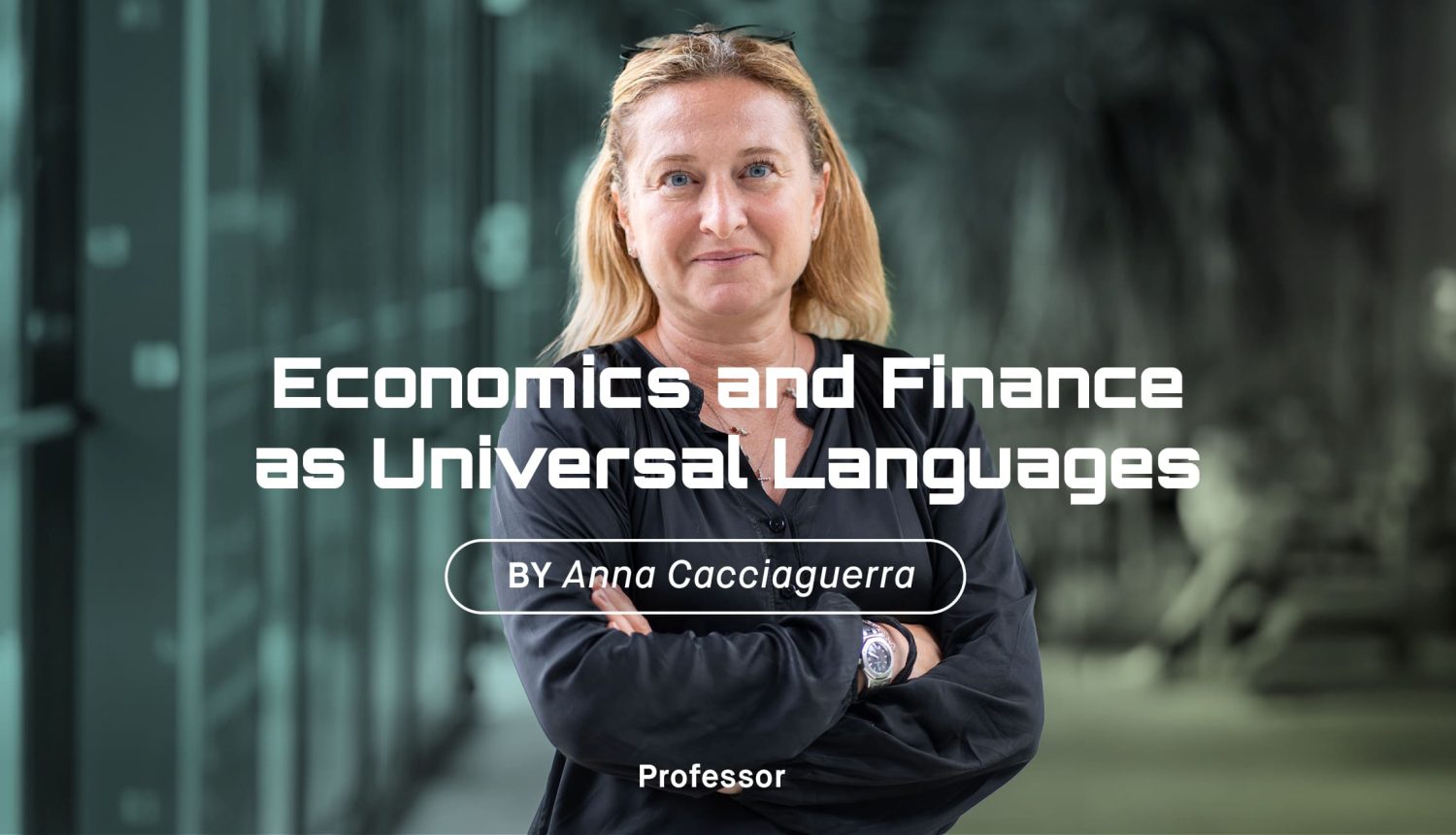Economics and Finance as Universal Languages

In the last 20 years, events such as the GFC (Global Financial Crisis), the Covid-19 pandemic and the recent wars have uncovered the importance of finance, financial institutions, financial markets and monetary policies; they also exposed the huge impact that financial markets have not only on economies but also on governments as well as on people’s everyday life.
Through the lenses of finance, we can better understand the Planet we are living in and untangle the sometimes apparently mysterious rules of our globalised world. A deep knowledge of finance will also help future managers to forecast and prepare for upcoming trends and relevant changes.
While working on day-to-day operations, financial managers must be prepared to respond to unforeseen and unexpected changes that may affect the profitability and or even the viability of the overall business. What if a central bank increases the interest rates, or the Chinese real estate market crashes and its economy is in dire straits, or what if pirate rebels block a strategic shipping route causing delays to your deliveries or your suppliers, increasing your freight costs overnight?
While theory should be the very foundation of a strong finance curriculum, students should also be provided with proper analytical and critical tools to navigate the real world and be prepared to ask the right questions, analyse the right problems and provide effective solutions.

H-FARM College’s teaching approach is not only based on the transfer of technical/theoretical knowledge but also, and most importantly, on the stimulation of critical thinking, the development of logical abilities, the analysis of data, the review of multiple sources and their reliability.
Ultimately, we want to develop students’ ability to challenge their own first and/or second opinion: the moment you think you found a good solution just go back to the drawing board and check if there’s a better one!
At the end of their studies at H-FARM College, students shall be able to understand the reasons why events happened in the past and why they had an impact on finance and economy, to recognize changes before they are coming and visualize future scenarios; a little bit of history is important because, as we all know,the world most of the time repeats itself.

Understanding economics and finance is like learning a language – like music or mathematics – that opens new possibilities for a broader/deeper dialogue with classmates, work colleagues, competitors.
Armed with these skills and this universal language, our students will embark in a journey that will take them to whichever professional destination they aim to reach, whether they are planning to become a CFO, a CEO, a start-up founder or a successful entrepreneur.
Anna Cacciaguerra, Professor








 Back
Back
